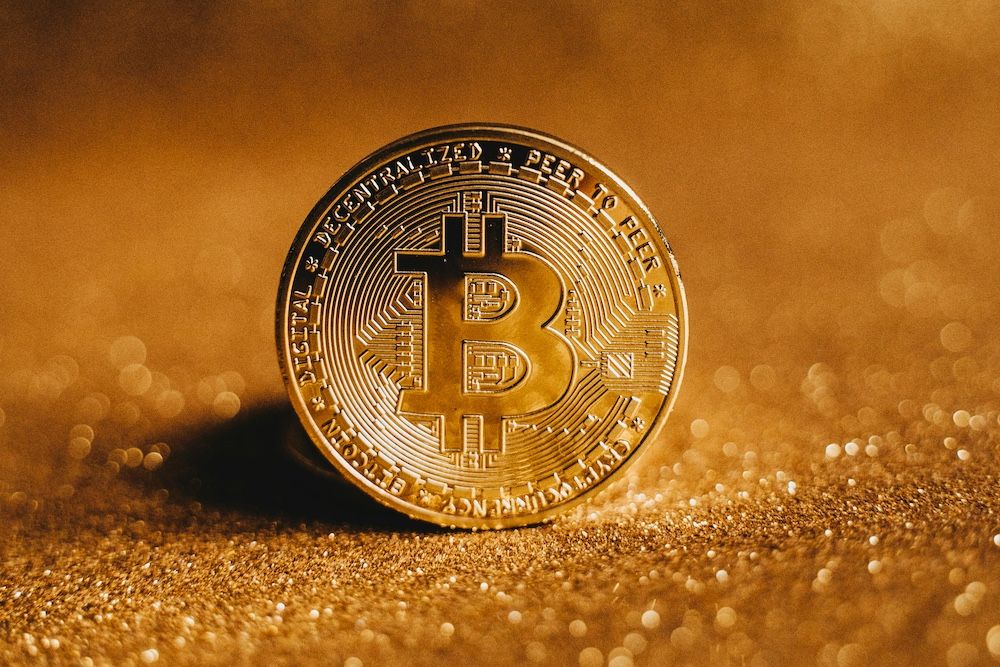In the ever-evolving landscape of finance and technology, Bitcoin stands out as a groundbreaking innovation that has captured global attention. Introduced in 2009 by an anonymous individual or group under the pseudonym Satoshi Nakamoto, Bitcoin represents not just a digital currency but a revolutionary shift in how we think about money, value, and transactions.
Bitcoin is a form of digital currency that operates on a decentralized network, meaning it is not controlled by any central authority such as a government or financial institution. Instead, it relies on a technology called blockchain, which is a public ledger that records all Bitcoin transactions. This ledger is maintained by a network of computers, known as nodes, which work together to verify and record transactions in a secure and transparent manner.
At the heart of Bitcoin's innovation is blockchain technology. A blockchain is essentially a chain of blocks, where each block contains a list of transactions. Once a block is completed, it is added to the chain in a linear, chronological order. This design ensures that all transactions are permanently recorded and cannot be altered retroactively, providing a high level of security and trust.
One of the key features of Bitcoin is its decentralization. Unlike traditional currencies managed by central banks, Bitcoin operates on a peer-to-peer network. This means that transactions are verified by network nodes through cryptography, and the consensus mechanism ensures that no single entity can manipulate or control the system. This decentralization makes Bitcoin resistant to censorship and fraud, as there is no central point of failure.
Bitcoin mining is the process by which new bitcoins are created and transactions are added to the blockchain. Miners use powerful computers to solve complex mathematical problems, which helps secure the network and verify transactions. In return for their efforts, miners are rewarded with newly minted bitcoins and transaction fees. However, mining has become increasingly resource-intensive, requiring significant computational power and energy consumption.
Bitcoin's rise has sparked debates about its impact on traditional financial systems. As a deflationary currency with a capped supply of 21 million bitcoins, it contrasts sharply with fiat currencies, which can be printed at will by central banks. Proponents argue that Bitcoin could act as a hedge against inflation and economic instability, while critics point out its volatility and potential use in illicit activities.
Bitcoin's adoption has grown significantly since its inception. Initially used primarily by tech enthusiasts and early adopters, it has gained acceptance among mainstream institutions and investors. Companies like Tesla and PayPal have integrated Bitcoin into their payment systems, and institutional investment in Bitcoin has increased.
However, Bitcoin's rise has also drawn the attention of regulators worldwide. Governments are grappling with how to regulate and tax cryptocurrencies while addressing concerns about financial stability and illicit activities. The regulatory environment varies significantly from one country to another, influencing how Bitcoin is used and traded globally.
The future of Bitcoin is a subject of ongoing speculation and debate. Some view it as a potential global reserve currency or a digital gold equivalent, while others see it as a speculative asset subject to market volatility. Technological advancements, regulatory developments, and market dynamics will shape Bitcoin's trajectory in the coming years.
Bitcoin represents a profound shift in the world of finance, offering a new paradigm for understanding and using money. Its decentralized nature, reliance on blockchain technology, and growing adoption highlight its potential to reshape financial systems and transactions. As Bitcoin continues to evolve, it will undoubtedly remain a focal point of innovation, debate, and exploration in the digital age.





